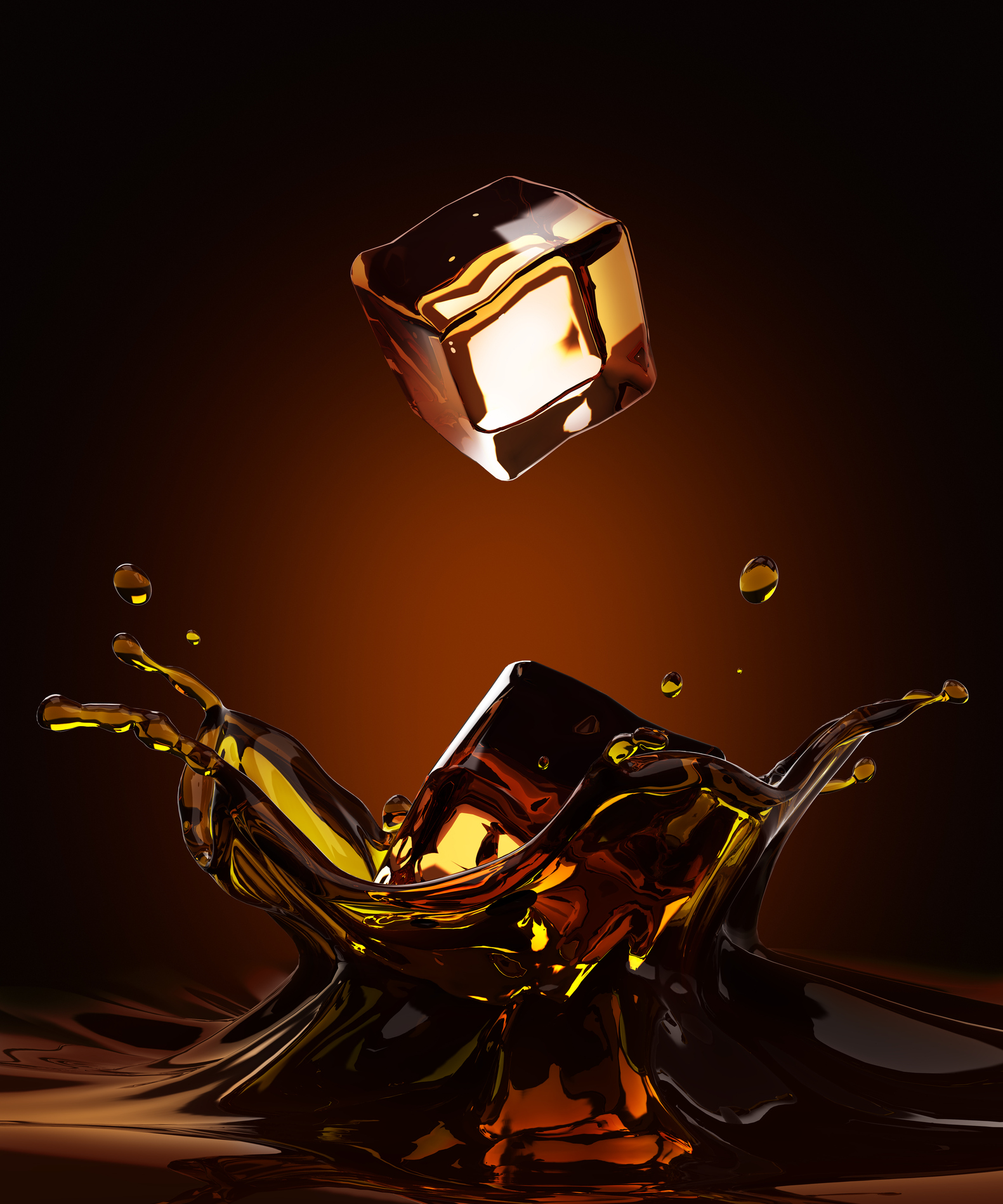
Unraveling the Mystery of Whisky’s Taste: How Molecular Clusters Affect Our Perception
A recent study conducted by Lei Jiang and his colleagues at the Chinese Academy of Sciences has shed light on the difference in taste between whisky neat and on the rocks. The researchers found that the shapes formed by water and ethanol molecules in whisky are responsible for this difference, as these molecules cluster differently at varying temperatures.
The study involved measuring the surface tension of different types of alcohol and using nuclear magnetic resonance imaging and computer simulations to study the clusters of water and ethanol molecules at different alcohol levels and temperatures. The aim was to understand how factors like temperature and alcohol by volume (ABV) affect the molecular composition of beverages like beer, wine, and baijiu.
Collaborating with Chinese baijiu brand Wuliangye, Jiang and his team conducted taste tests to see how changes in molecular clusters influenced people’s reactions to the drinks. The research found that colder and lower ABV liquids have a more refreshing taste due to the compact structure of their molecule clusters. On the other hand, warmer drinks and those with higher ABV were perceived to be more pungent and taste more alcoholic because of their altered cluster formations.
While the study suggests a correlation between molecular clusters and taste perception, Gavin Sacks from Cornell University cautioned that the relationship is complex. Sacks explained that the same receptors in the mouth are activated by both the burning sensation of alcohol and by heat, making it challenging to directly link molecular clusters to taste preferences. Despite this, Jiang’s research provides valuable insights into how temperature, ABV, and molecular clustering can impact flavor profiles in alcoholic beverages.

